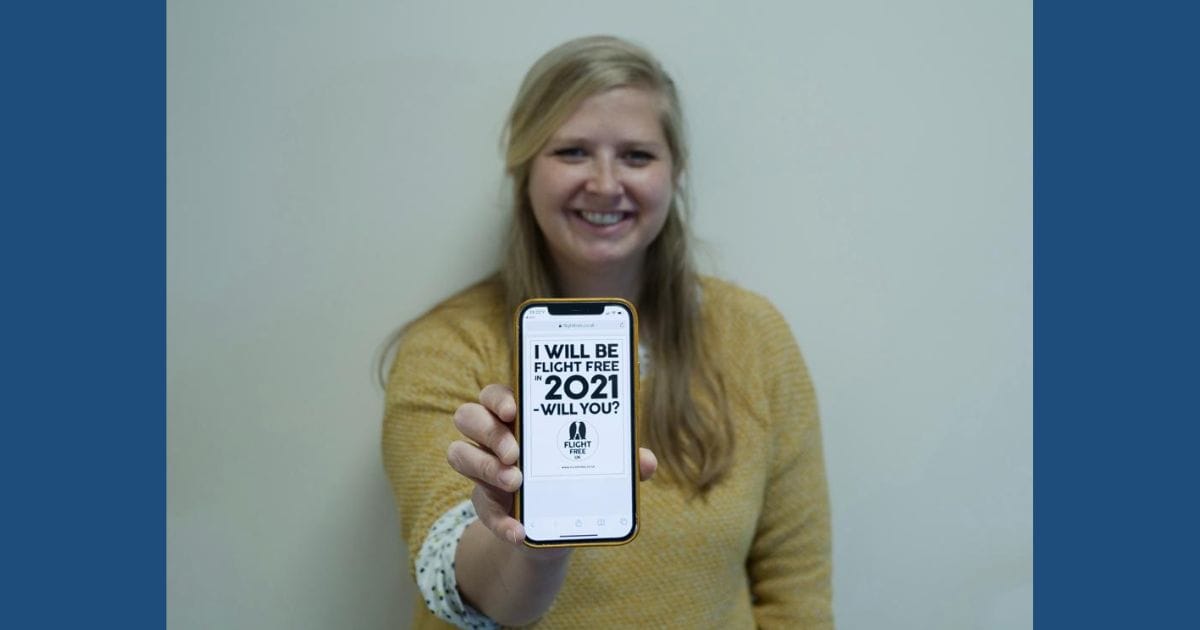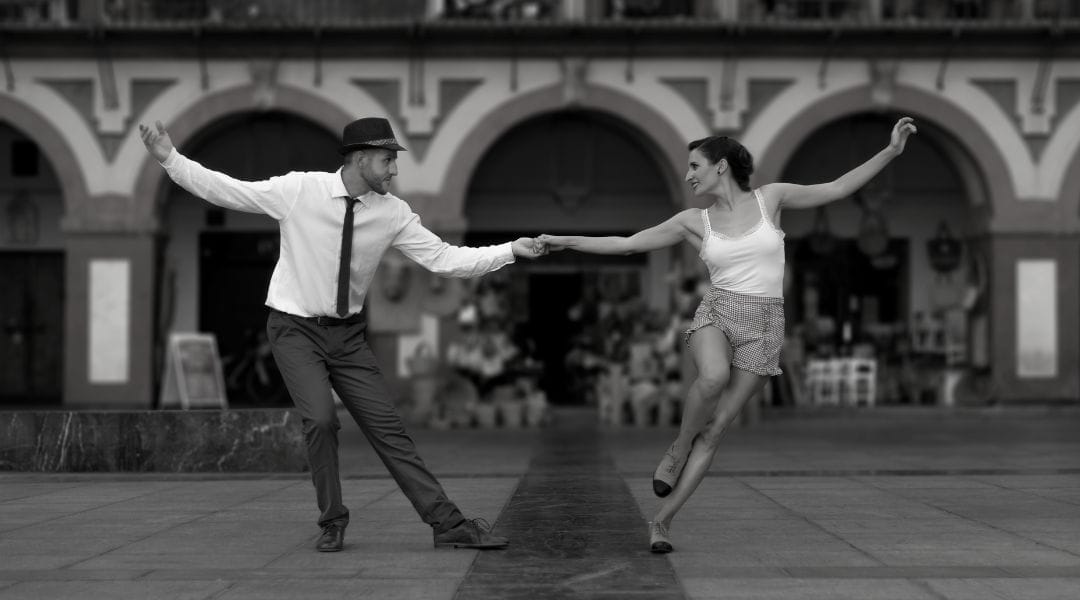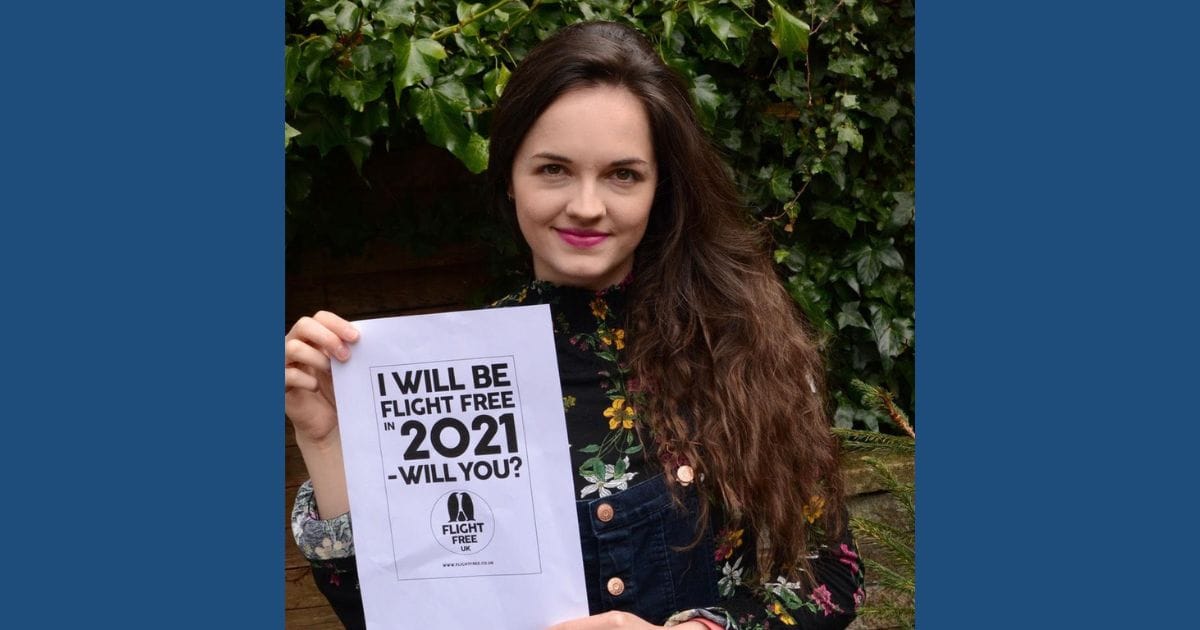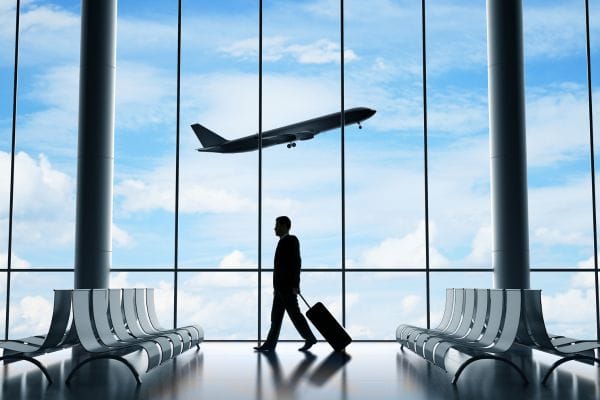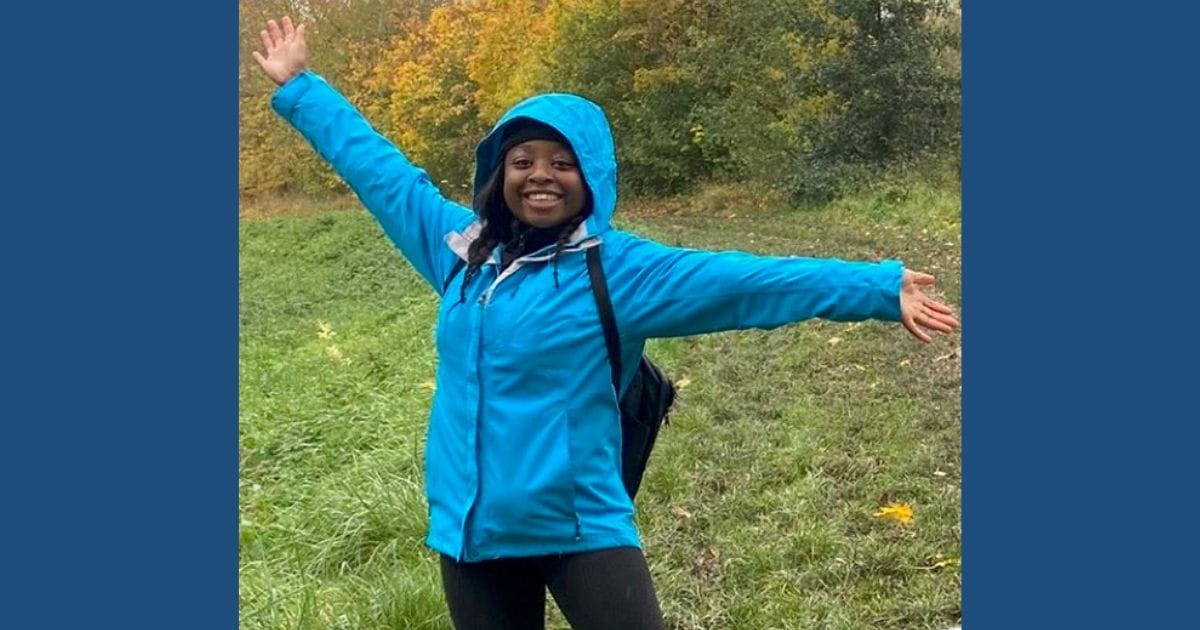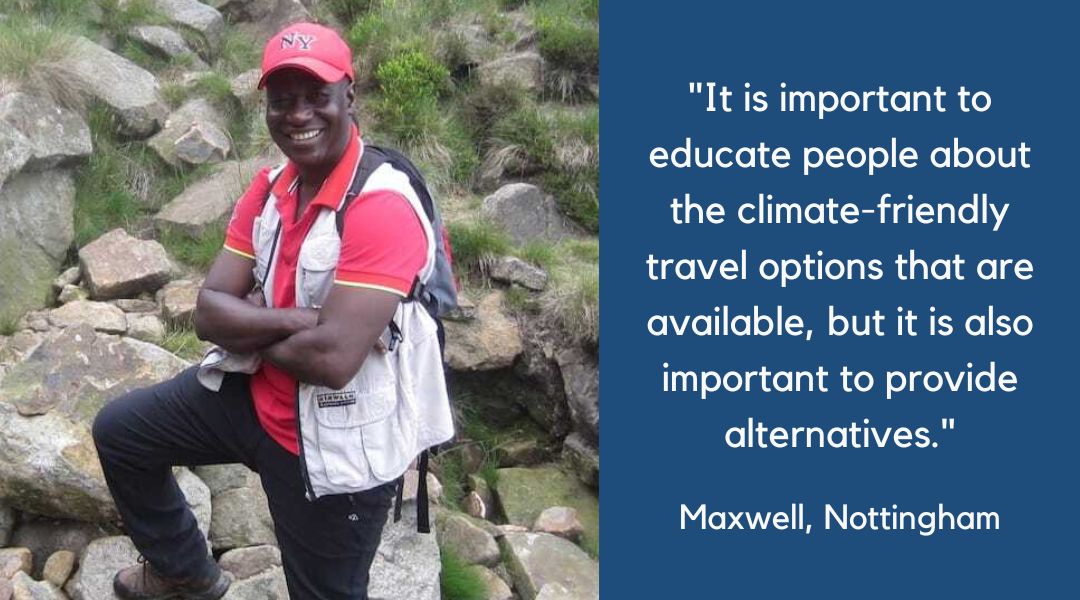
The 100 Black Men Walk group is a name taken from the Million Man March civil rights protest in America where people walked to demand economic and social justice.
In our case, it is about middle-aged Black men having the freedom to roam in the outdoor space such as the countryside. ‘Walk and talk’ is our motto, for our health and wellbeing.
Health issues such as mental ill-health, prostate cancer, diabetes, and other diseases have been linked to leading a sedentary lifestyle and have become very common among some Black people. The places that people go for exercise or reconnect with nature tend to be within their local community. In most cases, the only such spaces that Black people tend to congregate are at the barber’s shops or hairdressers.
Health issues such as mental ill-health have become common among Black people.
Our walking group started in 2004. It was an idea suggested by two very good African-Caribbean friends of mine who have since acted as leaders for our walking group. In fact, we went on to inspire a play, “Black Men Walking”, An Eclipse Theatre Company and Royal Exchange Theatre co-production in 2018/19.
Our walking group is now known as the Walk4Health Group. It is gender and age mixed, and no longer for only middle-aged Black men. Our walks normally take place on the first Saturday of the month and we have scaled heights such as Ben Nevis, Scafell Pike in the Lake District, Kinder Scout, Mam Tor and many places in the Peak District National Park.
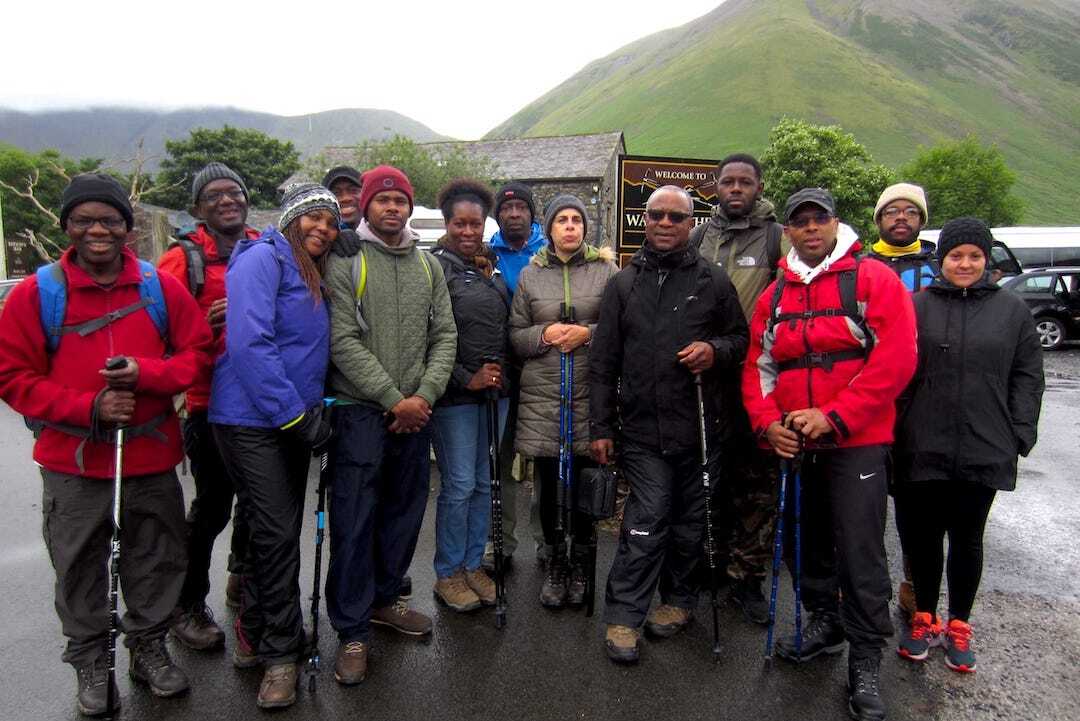
In 2016 I set up the Sheffield Environmental Movement (SEM) to help facilitate the reconnection of people from minority communities with the natural environment for health and wellbeing as well as leisure recreation.
We deliver activities such as historical guided walks, foraging, farm visits, countryside discovery, coarse fishing, horse riding, OPAL citizen science surveys, environmental photograph/pottery sessions, weekend residentials in the countryside and many other outdoor activities. This helps to empower and enable people to access outdoor green spaces and the wider countryside independently.
Lots of the people we work with have not been exposed to natural green spaces and the wider countryside beyond their immediate environment. Geographically speaking, they are limited in scope when it comes to visiting or accessing spaces that they don’t know about, or are unaware of how to get there.
Lots of the people we work with have not been exposed to natural green spaces. They are limited in scope when it comes to visiting or accessing spaces.
Humans have always walked in the form of protests, pilgrimage, discovering new places or reconnecting with the natural world. Walking is therapeutic: when one walks, especially in natural landscapes, it gives a sense of freedom and makes you realise you are part of a greater energy. Walking is good for your mental and physical wellbeing as well as for companionship.
Most of our walks take place in the Peak District National Park. We walk no matter the weather. It is not about the weather, it is how you dress! We take turns to lead walks and are always discovering new walking trails.
Our favourite trails are on Kinder Scout, which has a lot of historical significance because of the Mass Trespass of 1932. This was part of a struggle for access to the moors by the working class led by Benny Rothman and his compatriots. In fact, one of the highlights of our walking group was joining the Ramblers to re-enact the Mass Trespass as part of the 75th anniversary celebration in 2007. Griff Rhys Jones joined us and his documentary was shown on BBC1.
I suppose the Covid-19 pandemic has demonstrated how important access to nature is for our health and wellbeing. The pandemic has particularly impacted minority communities who tend to live in poor-quality local environments.
The Covid-19 pandemic has demonstrated how important access to nature is for our health and well-being.
Access to natural green space is very important, but in many cases it is made difficult by a lack of affordable public transport or lack of awareness of where these places are. Reliable and well-routed bus services will encourage and motivate people to have genuine travel experience without having to travel far.
I agree that it's possible to find adventure and have exciting experiences here in the UK without having to fly halfway around the world.
However, the groups I work with have limited exposure and information about what is out there in Britain. People will only travel locally if they feel a sense of belonging so that when they visit they will not be treated as strangers in their own country. Where people experience racism or are not made to feel a sense of belonging this will discourage them from wanting to visit, revisit or recommend to friends and families to visit.
People will always fly. There is no way to stop this, but we can educate people to understand the impact of their carbon footprint and how to reduce it, by living responsible lives and to live as if nature mattered. Our very lives depend on nature!
People will always fly. But we can educate people to understand the impact of their carbon footprint and how to reduce it.
It is important to educate people about the climate-friendly travel options that are available, but it is also important to provide alternatives. The airline industry is so powerful. However, consumers have the power to lobby the airline industry to reduce carbon emissions.
I think the state of our planet is at risk. Every day we are witnessing changes in weather patterns which are impacting on people’s health and wellbeing as well as livelihoods and ecosystems. We are living in the era of the Anthropocene. There is a need for concerted action by Government and industry, but we also need active citizens and environmental stewards to work together locally, nationally and globally to raise awareness about the pending disaster facing humanity as a whole.
Nature is no respecter of race, class or status; we are all in this together. My passion and desire as an Ecocentrist is to contribute to the welfare of our planet and the species of which we are part.
Nature is no respecter of race, class or status; we are all in this together.
We have borrowed this world. We as human beings are co-existing with other species and life-forms and we must act responsibly to pass it on to future generations.
